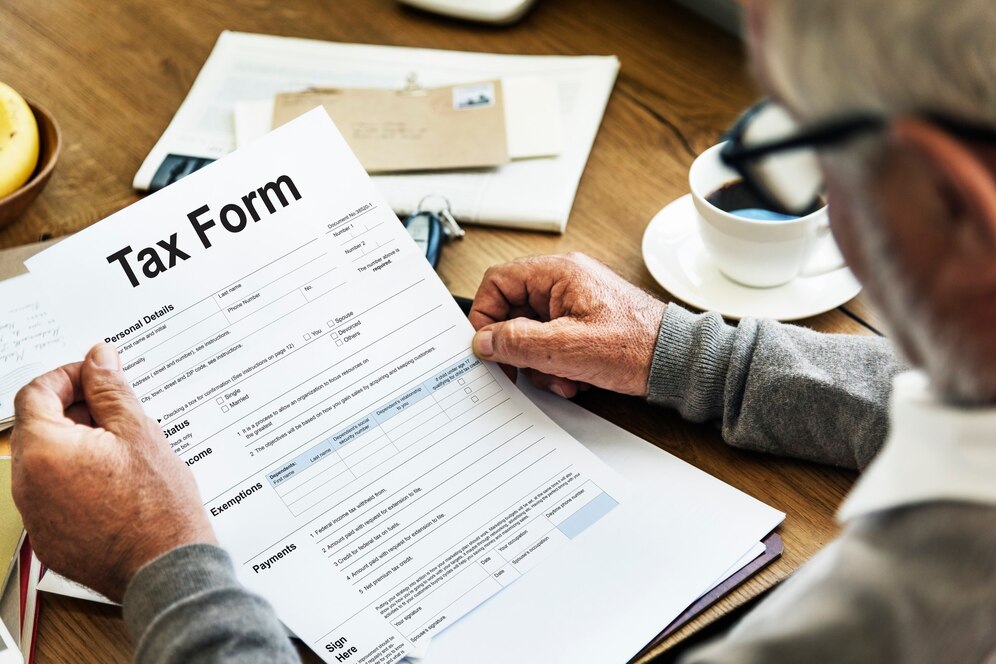
Tax Advantages of Positive Cash Flow Properties
Investing in rental properties can be a great way to make money. They can generate positive cash flow, which adds to your profits. Positive cash flow properties give you a steady income. They also come with tax benefits that can boost your investment returns. Knowing these tax benefits is key for any real estate investor. It helps them increase profits and lower tax bills. This blog will look at the tax benefits of positive cash flow properties. We’ll give you real examples and expert tips. This will help you make smart investment choices.
Key Benefits of Positive Cash Flow Properties
Positive cash flow properties earn more money than they cost to own and manage. This surplus income can be reinvested, used to pay down debt, or simply enjoyed as profit. However, the benefits of positive cash flow extend beyond immediate financial gains. A significant advantage is the range of tax perks for property investors. Using these benefits well can significantly increase your return on investment. They also give you more financial flexibility.
Rental Income Tax

When you own a rental property, the income you receive from tenants is subject to rental income tax. The UK tax system offers many deductions and allowances. These can significantly lower your taxable income. These deductions include expenses such as:
- Mortgage interest
- Property maintenance and repairs
- Letting agent and property management fees
- Insurance premiums
- Council tax and utility bills (if paid by the landlord)
- Ground rent and service charges
Reporting these expenses correctly helps lower your taxable rental income. This can reduce the tax you owe. If you earn £15,000 from rent and have £5,000 in fees, you’ll pay tax on £10,000. This makes a massive difference to your end-of-year profitability.
Positive Cash Flow Benefits
Positive cash flow properties give you quick financial gains and long-term advantages. They can improve your overall investment strategy. The additional income generated by these properties can be used to:
- Reinvest in other real estate opportunities
- Diversify your investment portfolio
- Pay down existing debts faster
- Create a buffer for vacancies or emergency repairs
Positive cash flow properties are less likely to face financial trouble during downturns. They offer a steady source of income, even in tough times. Surplus income gives you more flexibility with your investments. This lets you make improvements that boost property value and tenant satisfaction.
Real Estate Deductions
A key benefit of owning rental properties is the chance to claim real estate deductions. These deductions can offset your rental income, reducing your overall tax liability. Common deductions include:
- Mortgage Interest: One of the most significant deductions available. Investors can treat the interest on their mortgage payments as a business cost.
- Property Taxes: Local council tax and other property-related levies are deductible.
- Insurance Premiums: Costs associated with insuring the property are fully deductible.
- Maintenance and Repairs: You can deduct routine maintenance and necessary repairs. But be careful—improvements that raise property value must be capitalised.
- Depreciation: In the UK, landlords can’t depreciate residential properties as they can in the US. But, they can still get capital allowances for some fixtures and fittings.
Understanding and applying these deductions can lead to substantial tax savings each year.
Additional Expert Tips & Common Mistakes to Avoid
The tax benefits of positive cash flow properties are significant. But it’s important to understand the tax system’s complexities. Here are some expert tips and common mistakes to avoid:
Keep Detailed Records
It’s essential to keep careful records of all income and expenses for your rental property. This documentation will help you report your rental income tax. It also makes sure you don’t miss any possible deductions. Ensure you retain:
- Receipts for maintenance and repairs
- Mortgage and loan statements
- Invoices from contractors and property managers
- Rent payment records
- Utility bills, insurance policies, and council tax statements
Cloud-based accounting software can make things easier. It helps you stay organised all year long.
Understand Depreciation Rules
Depreciation is a helpful tax tool. However, understanding the rules and limits is key. In the UK, you can’t depreciate residential property like you can in the United States. Landlords may claim capital allowances on specific qualifying fixtures and fittings, like:
- Heating systems
- Electrical systems
- Security systems
- Kitchen Appliances
To claim capital allowances, you need a detailed cost breakdown. A quantity surveyor can help with this. Talk to a tax advisor. They can help you check your eligibility and follow HMRC rules.
Avoid Over-Claiming Deductions
Claiming every deduction is tempting, but over-claiming can cause audits and penalties. Ensure that all claimed expenses are legitimate, necessary, and adequately documented. HMRC does random and risk-based audits. You could face fines if you make improper claims, even by mistake. To stay safe:
- Avoid inflating repair costs
- Ensure personal expenses are not claimed as business costs
- Maintain a clear separation between personal and investment finances
If in doubt, consult a qualified tax professional to ensure compliance with UK tax laws.
Advanced Insights
To maximise tax benefits from your cash flow properties, consider these expert tips:
Leverage Tax-Deferred Exchanges
There isn’t no direct equivalent to the US Section 1031 exchange in the UK. This US law lets people defer capital gains taxes. However, investors can still benefit from tax deferral strategies by:
- Rolling over gains into similar qualifying investments
- Timing property sales with available capital losses
- Using pension schemes (e.g., SIPP for commercial property) to hold investments tax-efficiently
An accountant who understands these strategies can boost your long-term tax efficiency.
Utilise Tax-Efficient Investment Structures
Consider setting up a limited company to hold your rental properties. This structure can offer tax advantages such as:
- Lower corporation tax rates (currently lower than higher-rate income tax for individuals)
- Ability to retain profits within the company for reinvestment
- Potential to offset property-related expenses against company income
However, owning property through a company also introduces complexities:
- Higher mortgage rates for limited companies
- Additional legal and accounting responsibilities
- Dividend tax when withdrawing profits personally
It’s important to talk to a property tax advisor. They can help you see if this structure fits your investment plans and future goals.
Stay Informed About Tax Law Changes

Tax laws can change, so keeping up with updates is important. This helps you maximise your tax benefits. UK tax policy has changed a lot recently, especially for landlords. One significant change is the end of mortgage interest relief for individual landlords.
To stay updated:
- Subscribe to HMRC newsletters and property investment forums
- Attend landlord associations and tax planning seminars
- Regularly consult with tax professionals
Being proactive helps you avoid surprises and make smart decisions on time.
Conclusion: Tax Advantages of Positive Cash Flow Properties
Positive cash flow properties do more than give you quick profits. They also offer significant tax benefits that can boost your investment strategy. Using these benefits, you can increase your profits and lower your taxes. Keep detailed records. Understand depreciation and capital allowance rules. Avoid over-claiming deductions. This helps you comply with UK tax laws.
As you grow your real estate portfolio, look into tax-deferred strategies. Also, consider tax-efficient investment structures to boost your tax benefits. Keep up with tax law changes. Seek expert advice to make wise decisions for your investment goals.
In the ever-evolving world of real estate investment, knowledge is power. Stay informed and take action. This way, you can fully tap into the benefits of positive cash flow properties. In turn, this leads to long-term financial success. What will you do today to boost tax benefits and protect your finances?


